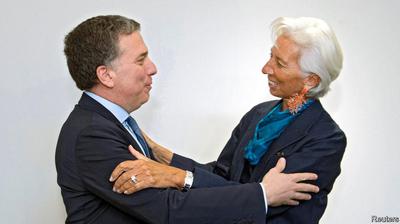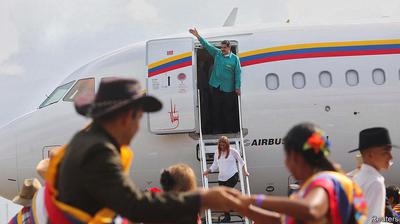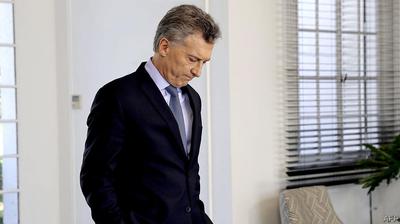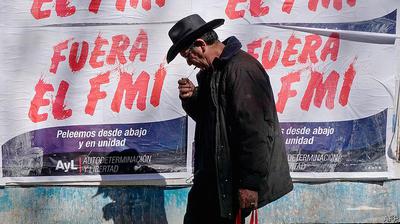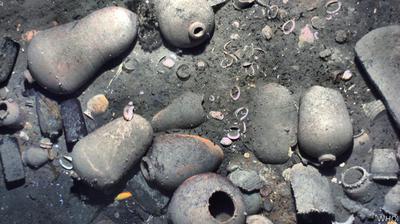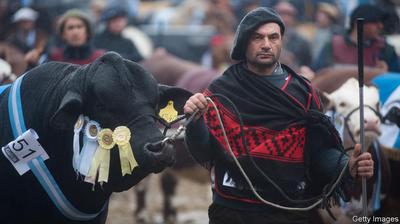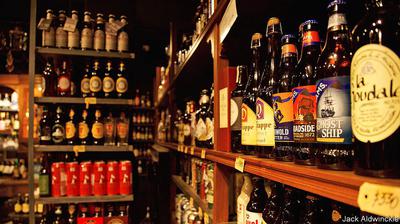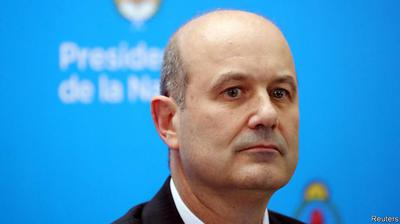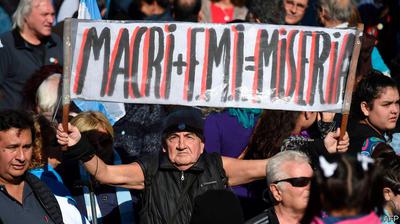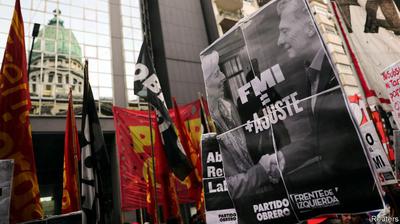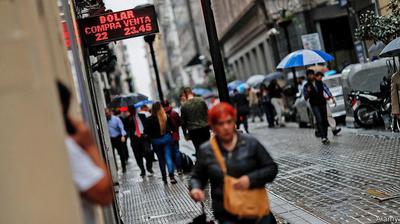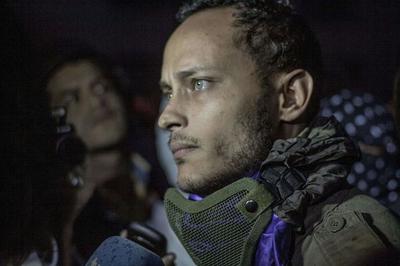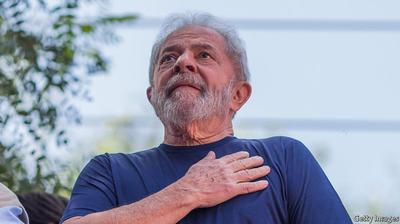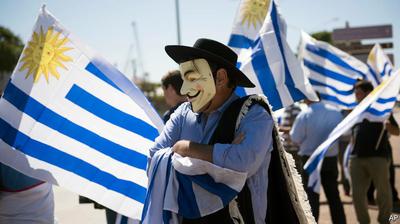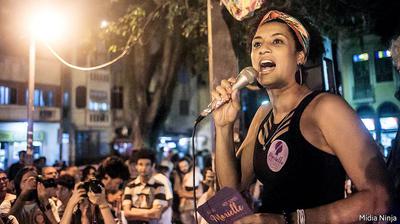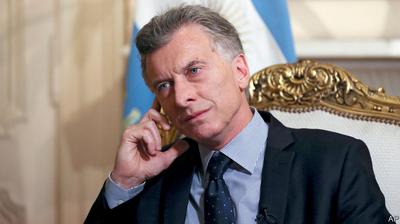
Mauricio Macri hopes for a recovery in time for the next presidential election
A as much for its financial crashes as for its juicy steaks and nifty footballers. But even compared with its usual performance, 2018 was a particularly miserable year for the economy. The worst drought in 50 years wrecked the corn and soyabean harvests, knocking 2% off . The peso lost half its value against the dollar, pushing inflation to 46%. That tipped the country into its second recession in three years and led to a crisis that forced it to seek one of the largest credit lines in the ’s hi
